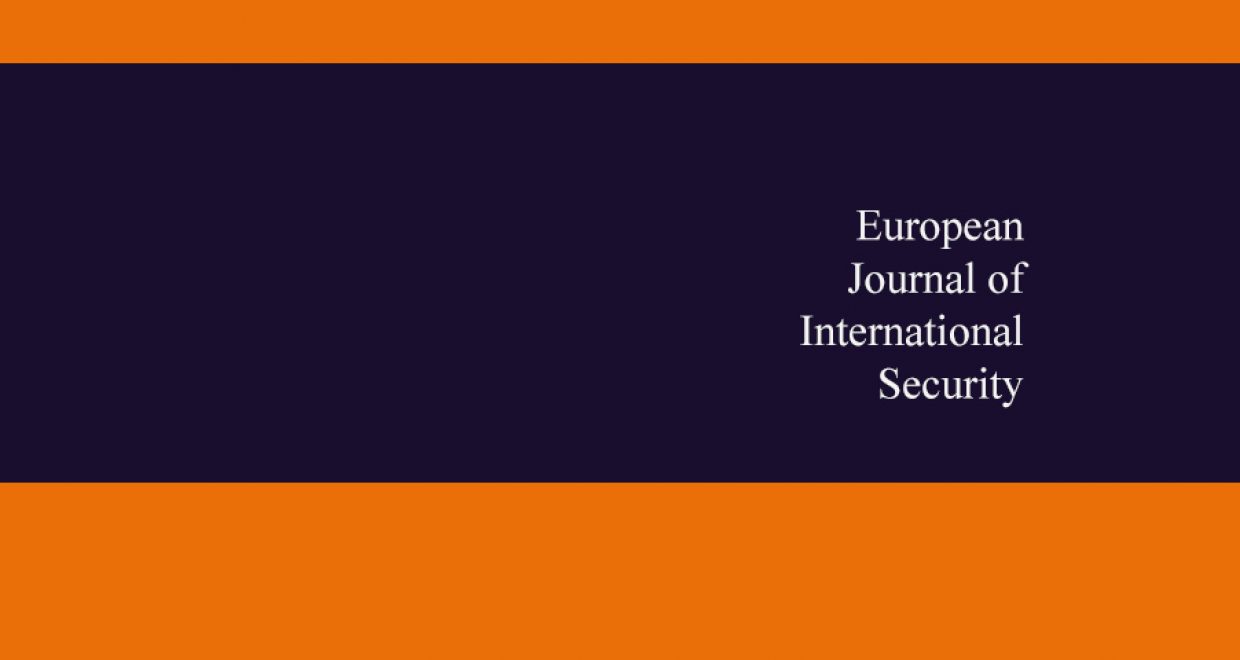Private Security Industry Self-Regulation – Are We Expecting Too Much from Clients?
This post by Elke Krahmann first appeared on the ejis.eu blog in February 2016.
It is based on her article from the inaugural issue of European Journal of International Security. Full article available Open Access here.
The killing of 17 innocent civilians by the private security company (PSC) Blackwater in Nisour Square in Baghdad in 2007 attracted huge media and political attention. The incident and its aftermath demonstrated the potentially detrimental effects of the use of PSCs by governments, international organizations and private clients. Not only can PSCs pose a threat to local populations; their misconduct can also put the success and acceptance of international operations at risk and cause major damage to their clients’ reputation.
Although the perpetrators of Nisour Square were finally sentenced by a United States (U.S.) court in 2015, little has been done to prevent similar incidents from happening in the future. There are few national and international regulations on the PSC industry, and many PSCs and their staff are never punished for crimes they commit abroad.
In light of the weakness of national and international controls of PSCs much hope has been placed in industry self-regulation. In particular, the US and the United Kingdom (UK) have promoted voluntary standards such as the International Code of Conduct for Private Security Providers Association (ICoCA), the ANSI/ASIS PSC.1 standard and the new ISO 18788 management system for private security operations.
Fundamental to self-regulation and voluntary certification, however, is the assumption that the clients of PSCs will help facilitate and enforce these schemes by shifting their custom to companies which have signed up codes of conduct or which have been certified as compliant with professional standards. In particular, public consumers play an important role in this regard because of the number and size of their security contracts in regions of conflict.
Whether this assumption is valid is a major, but usually unasked question. Doubts have been raised by the Confederation of European Security Services which observed that “in the very great majority of cases (85% – 100%) public authorities award …[security service] contracts on the basis of price alone” with detrimental effects on professional standards. Similarly, Chris Sanderson from the International Code of Conduct Association argued at a recent hearing of the European Parliament on PSCs that the contracting behaviour of clients is critical for the success of industry self-regulation. [Watch the hearing here.]
My article investigates whether the expectations regarding the promotion of industry self-regulation are realistic. To what degree are public clients of PSCs able and willing to let concerns about professional standards guide their contracting behaviour? What conditions shape the ability of public authorities to influence industry standards through their consumer behaviour?
To answer these questions, the article draws on insights from Hirschman’s classical model of consumer influence which argues that clients can shape the industry through ‘choice’, ‘voice’ and ‘exit’. Choice refers to the ability of consumers to select and switch among alternative goods or services and competing suppliers. Voice includes contract (re)negotiations and stipulations as well as protests and petitions to the company management. Exit can be defined as the ability of consumers to terminate contracts and to suspend or debar contractors from further awards.
Taking the US government as an example, however, my analysis identifies several obstacles to the use of consumer power to facilitate industry self-regulation. In particular, the example of the US highlights the danger of underestimating the complexity of the motives and conditions which shape consumer behaviour. Even resourceful clients such as public contracting agencies balance the cost of choice, voice and exit against the potential benefits of improved professional standards. Market structures such as limited competition and company mergers pose addition problems for excluding substandard PSCs from future contract awards.
For the global security industry these results mean that governments and industry associations cannot divest themselves of the responsibility to act as political driving forces for improving professional standards. The shadow of hierarchy, i.e. a convincing threat of potential government regulation, and suitable compliance mechanisms remain fundamental to the effectiveness of industry self-regulation.
Elke Krahmann
Professor of International Relations at the University of Kiel





